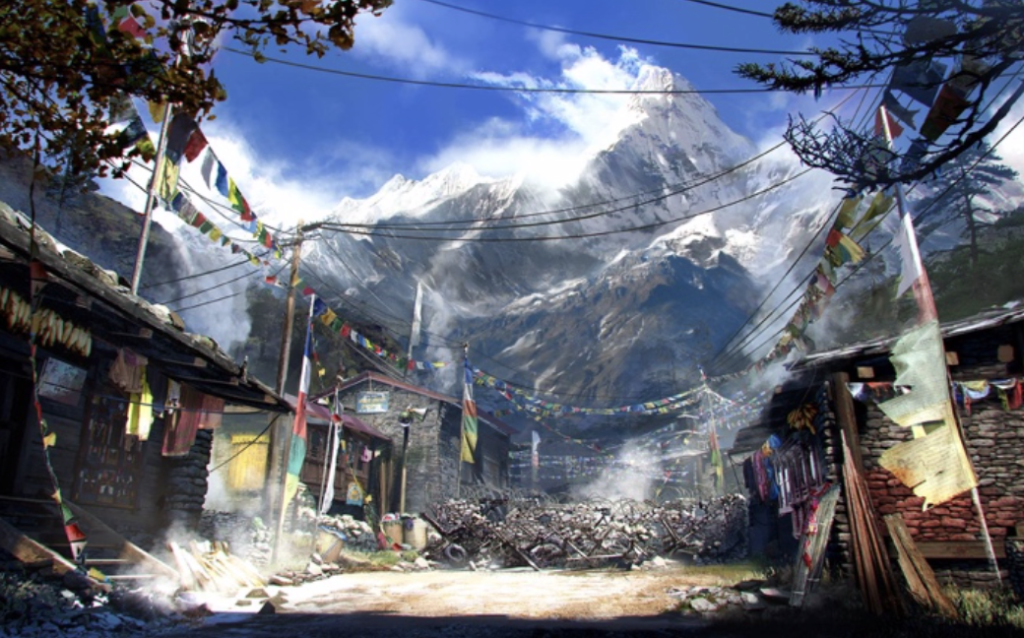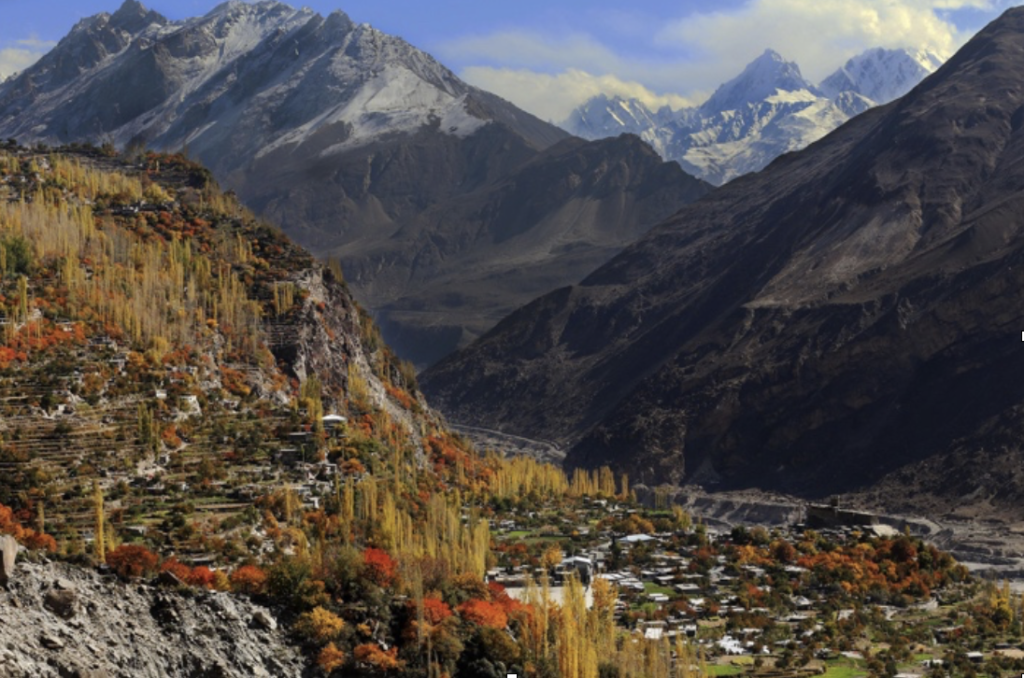
When you hear the term “Shangri-La,” there’s a good bet it relaxes you on an almost unconscious level. It’s a name associated in a vague sense with paradise, and inner peace, and beauty – though a lot of people, when pressed, couldn’t explain why.
The simple truth – part of it at least – is that Shangri-La comes from the 1933 novel “Lost Horizon,” which was written by the British author and explorer James Hilton. It is said to be a fictional place, which Hilton described essentially as a utopian valley in a mountainous region, where people live for centuries and happiness reigns. Because “Lost Horizon” is widely accepted as a fictional work, and Hilton, to our knowledge, never disputed this, it is believed by most that Shangri-La was either entirely fictional as well, or that it was, at best, an amalgamation of places Hilton saw on his travels in southern Asia.
Because it is cast aside as fictional, Shangri-La is now presented almost as a sort of unintentional caricature of South Asian culture blended with nature. The very name Shangri-La is used to headline a game that is part of a selection of slot machines developed by NextGen online. It’s a colorful game, and is meant to be a tribute, displaying an exotic looking woman, a mountainous background, and a white tiger as its primary art. Shangri-La also appears, even more vividly, in the 2014 video game Far Cry 4, and is presented as a sort of fever dream. The lead character is affected by drugs and ventures into missions in a hazy, idyllic, yet dangerous Shangri-La dreamscape – again, with a tiger present. Both examples get it wrong though, presenting the land as a mysterious, vaguely Himalayan setting as opposed to a glorious utopia.

Also as a result of fictionalization like this, if you set out in search of Shangri-La today, your search would be dismissed as folly, and you would at best be directed toward a collection of locations some believe to have influenced Hilton. A city in China, for instance, has actually named itself Shangri-La City in a blatant attempt to attract tourists. And some have argued that the real Shangri-La is an oasis inside Pakistan, and specifically a place called Hunza where Hilton is believed to have journeyed. It may well be that the Hunza Valley explains it all, because when you look through photos you see something akin to what we imagine Shangri-La to be, and a place that would certainly have made a lasting impression on a British explorer nearly 100 years ago.
Before we accept these substitutes and interpretations as the closest things there are to a real Shangri-La though, it bears considering that Hilton’s utopia is at least in some sense a real place, and even has some historical backing. And in this sense, is it really so different from the lost city of Atlantis, which many people believe is still out there somewhere? All we know for sure is that Hilton journeyed broadly through southern Asia, and that this trip inspired him. However, one thing that complicates the picture is that there are various ancient figures and texts that describe something very much like Hilton’s Shangri-La in the same general part of the world. Ancient Chinese poet Tao Yuanming wrote of a fisherman finding a mysterious people utterly untroubled by the outside world; Tibetan Buddhism characterizes the perfect symbiosis of man and nature as being achievable in western Tibet; and additional lore from the world continues to hint at something similar to Shangri-La.
This is not to suggest that there is really a place tucked away in Asia where people who are hundreds of years old roam free. However, when you really look into it, it does seem as if Shangri-La may have been – and could still be – a real place, as opposed to just an imagined one based on the real world. There is every chance that Hilton simply wandered into a place he could never find again, and that he encountered a unique, happy, healthy, and sheltered population there that seemed – and perhaps was, by comparison to the world – perfectly happy.




